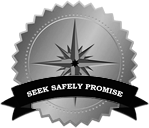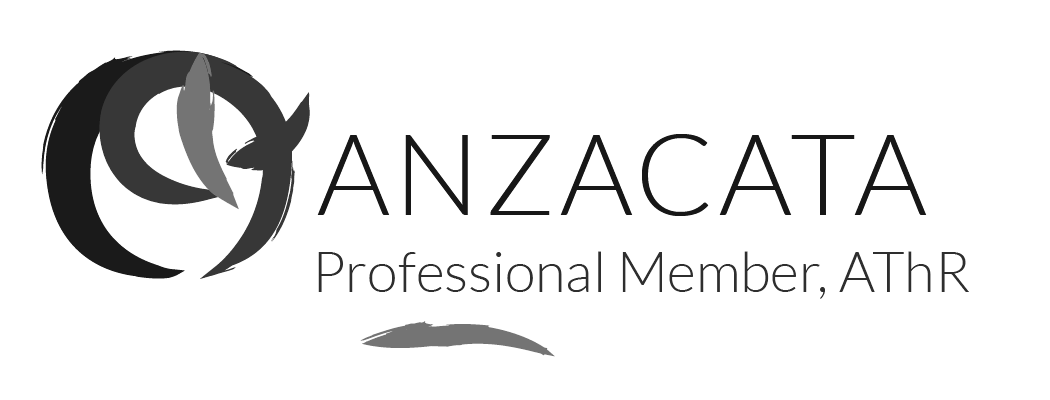NDIS and Creative Art Therapy
information for participants, plan managers and support co-ordinators
I am a fully qualified Creative Arts Therapist - AThR, holding professional membership with ANZACATA.
As a Professional Creative Arts Therapist, I can provide Art Therapy to NDIS participants who have Therapy listed within their plan.
Art Therapy does not need to be listed explicitly as a stated support within a plan for participants to access it. Unless a plan includes restrictions or comments about what the participant must spend their therapy funding on (ie speech therapy), participants can choose which therapy support/modality to use.
Restrictions or comments on what funding can be used for can only be added by the Technical Advisory Branch (a specialist NDIS team) - it cannot be determined by frontline plan managers.
The line item for Art Therapy is: 0128 - Therapeutic Supports.
From 24th November 2025, the hourly rate, as set by the NDIA Pricing Arrangement & Price Limits Guide, is $156.16.
In September 2025, the findings from the Independent review into arts and music therapy supports were released. The review confirmed that art and music therapy can be effective and beneficial. As stated directly from the review:
This means that the NDIS should fund art and music therapy supports when:
- There’s evidence it can help people with similar disability-related needs and goals.
- The therapy is provided by a qualified therapist who is registered with a recognised professional association.
ANZACATA have worked with senior NDIA staff to create a one-page statement that confirms this information.
Let’s art about it, together..
-
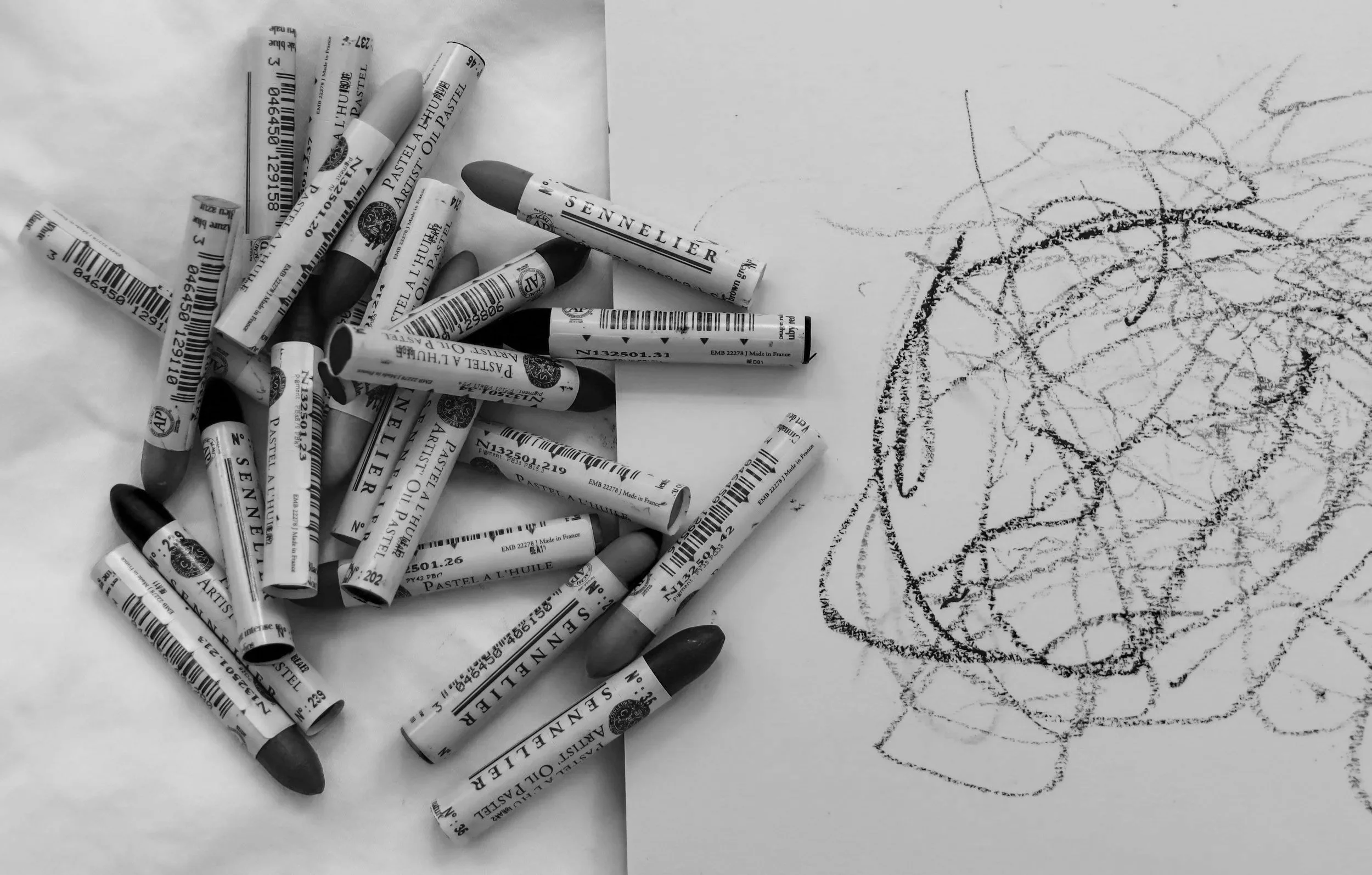
Individual Sessions
Meet me in the studio in Melbourne or online for 1-1 therapy sessions.
-
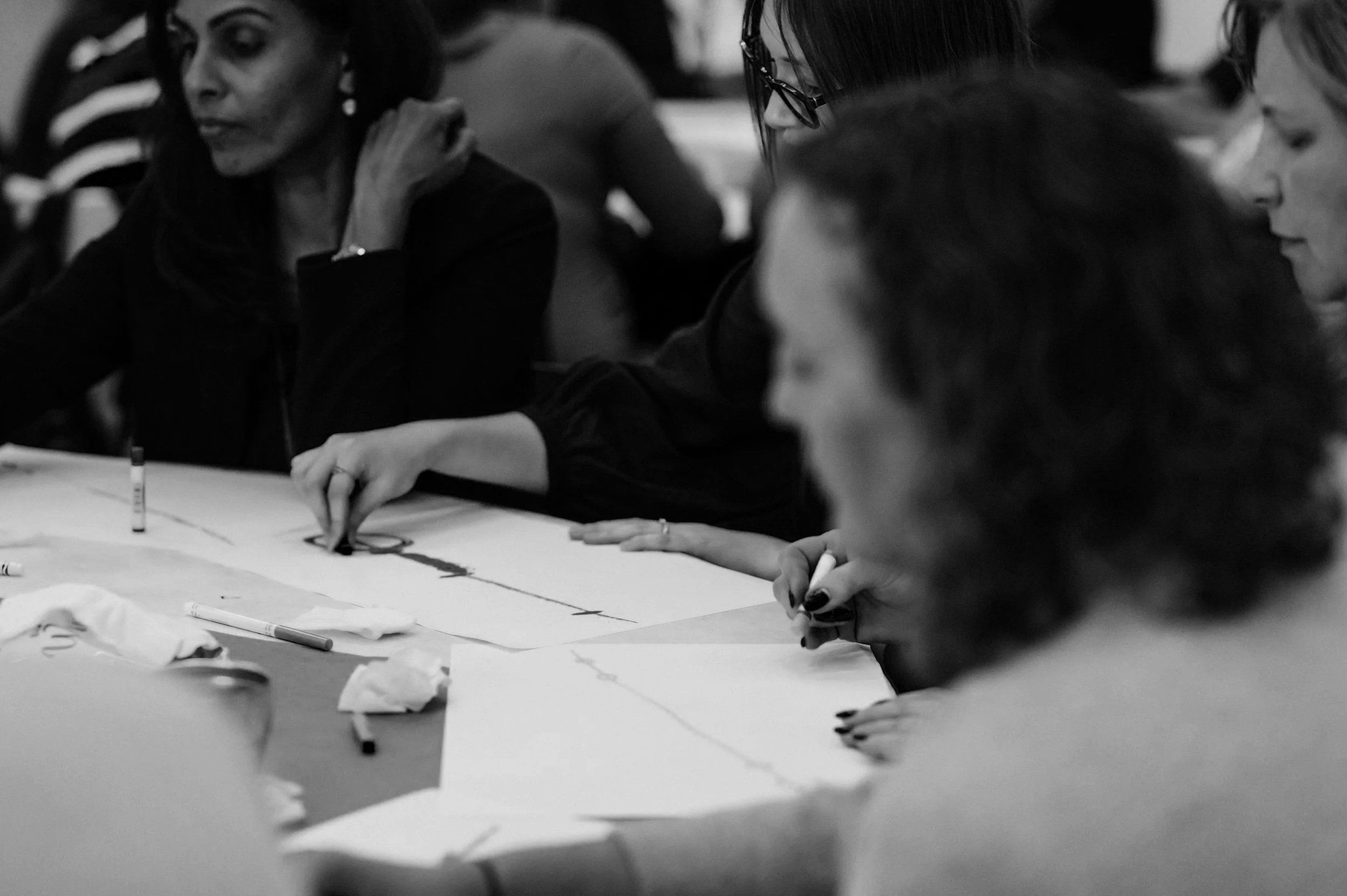
Group Sessions
Join an art therapy group or an upcoming therapeutic workshop.
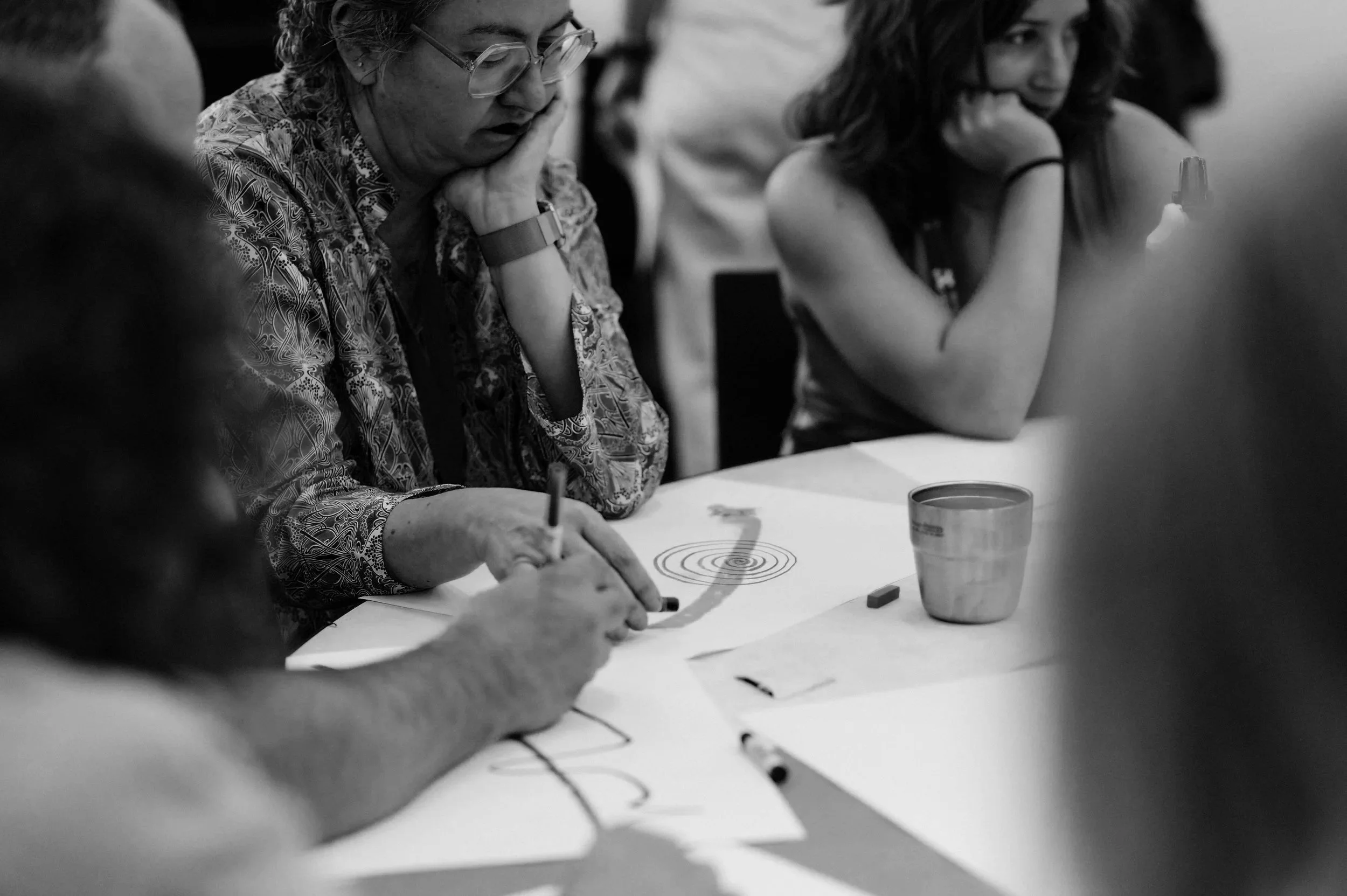

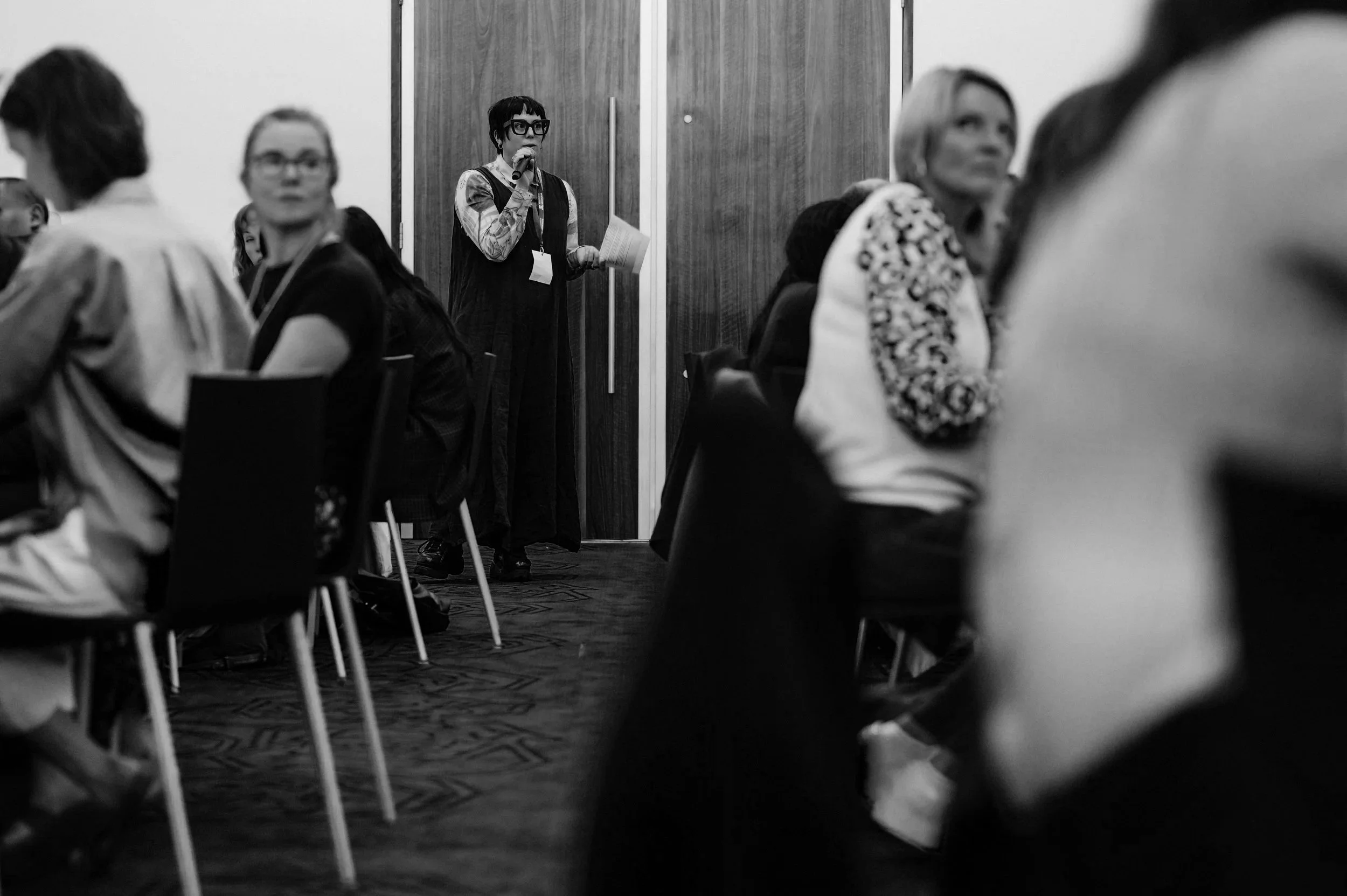



My Qualifications
I am a fully qualified Creative Arts Therapist - AThR, holding professional membership with ANZACATA.
-
I hold professional membership with ANZACATA - the Australian, New Zealand and Asian Creative Art Therapies Association. They are the peak professional body for creative arts therapists in the Asia/Pacific region.
As a professional member, I am listed on ANZACATA's Find a Therapist webpage, you can confirm my membership by viewing my profile on their website.
-
Arts Therapists are Allied Health practitioners. As a qualified art therapist, I am authorised to use the recognised title AThR.
Allied Health Professions Australia outlines how an Art Therapist is qualified as follows:
In order to practise and use the recognised title AThR (registered arts therapist), the following requirements must be met:Professional membership of Australian, New Zealand and Asian Creative Arts Therapies Association (ANZACATA).
Complete a minimum two years Masters degree.
Complete a minimum of 750 hours of supervised clinical placement.
Complete continuing professional development and work under a code of ethics.
-
I hold a Masters of Therapeutic Arts Practice with a specialisation in Community Arts & Health from The MIECAT Institute - the Melbourne Institute of Experiential Creative Art Therapies.
A three-year expressive art therapies program, the MIECAT approach of Emerging Inquiry values multimodality - that is, the use of multiple creative art forms within it’s processes.
In the final year of my studies, I completed my placement with the Starlight Children's Foundation, returning to the Royal Children's Hospital to work alongside the team.
-
As a practitioner, I have signed the SEEK Safely Promise in support of promoting ethical and safe personal growth.
As a professional arts therapist, I do not consider my work to align with the self-help industry directly, as my scope of practice is defined within the allied health field and regulated by my professional membership requirements.
However, I recognise that personal improvement and self-empowerment are an expansive inherent component of being and I am passionate about ethical and safe education and experience.
You can learn more at seeksafely.org


